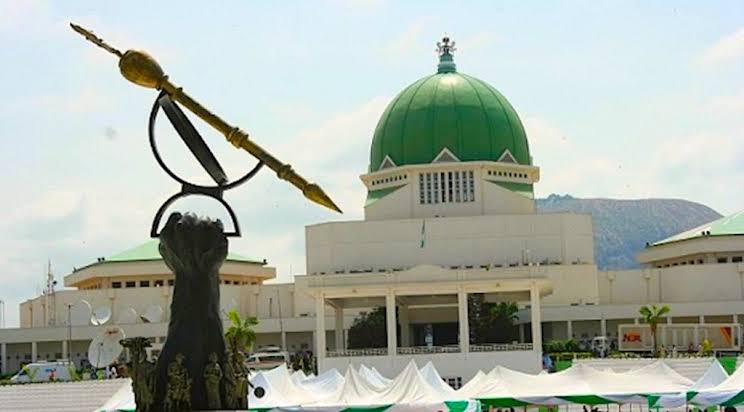The Nigerian Senate yesterday passed the Nigeria Startup Bill (NSB).
This news comes almost 4 months after the bill reached the National Assembly in March this year where it was accompanied by a letter from the presidency. The letter explained that the Startup Bill seeks to position the country’s startup ecosystem as the leading digital technology centre in Africa.
With the bill one step closer to a presidential assent, it means Nigeria’s tech ecosystem may see an improved enabling environment in the near future. While tech startups in Nigeria suffer from a lack of basic amenities like constant power supply and limited funding, there are also a number of regulatory hurdles they face. Crypto startups, for example, have had to innovate since the Central Bank of Nigeria reinforced a ban on crypto trading in 2021. In 2020, state regulations also banned bike-hailing startups in Lagos, Nigeria’s most populous city, and sent mobility startups like ORide, Max.ng, and Gokada running from the city.
One of the 3 objectives of the Nigeria Startup Bill is to bridge the engagement gap between startups and regulators and ensure that harmful regulations like these are shut down. The bill is available to the public, and so is a summary of the bill. Among other things, the bill also seeks to provide for the establishment, development and operation of startups in the country via incentives like tax breaks, government loans, and credit guarantee schemes.
With the Nigerian Senate’s passing, the bill now moves onto the House of Representatives (HoR) where it will pass through 3 readings. If the HoR agrees with the contents of the bill, the bill will be sent to the president for his assent, and will thus become law.
The timeline of the bill
June–September 2021: The Nigeria Startup Bill draft is created by the Nigerian presidency, in collaboration with 30 tech leaders including Ventures Platform founder Kola Aina and Future Africa founder Iyin Aboyeji, NITDA officials, and the minister of digital economy Isa Pantami.
October 2021: A draft of the bill is submitted to the Presidency and the Federal Executive Council (FEC).
December 2021: The Federal Executive Council (FEC) approves the bill.
February 2022: Nigerian president, Muhammadu Buhari, passes the bill to the National Assembly.
March 2022: The bill reaches the National Assembly and is received by the Nigerian Senate.
June 2022: Lagos, Nigeria’s most populous state, announces plans to domesticate the bill at state level.
July 2022: Nigerian Senate approves the bill and passes it to the House of Representatives.
If you enjoyed this article, please share it with your network on WhatsApp, Twitter, Telegram, LinkedIn, and Facebook.




















